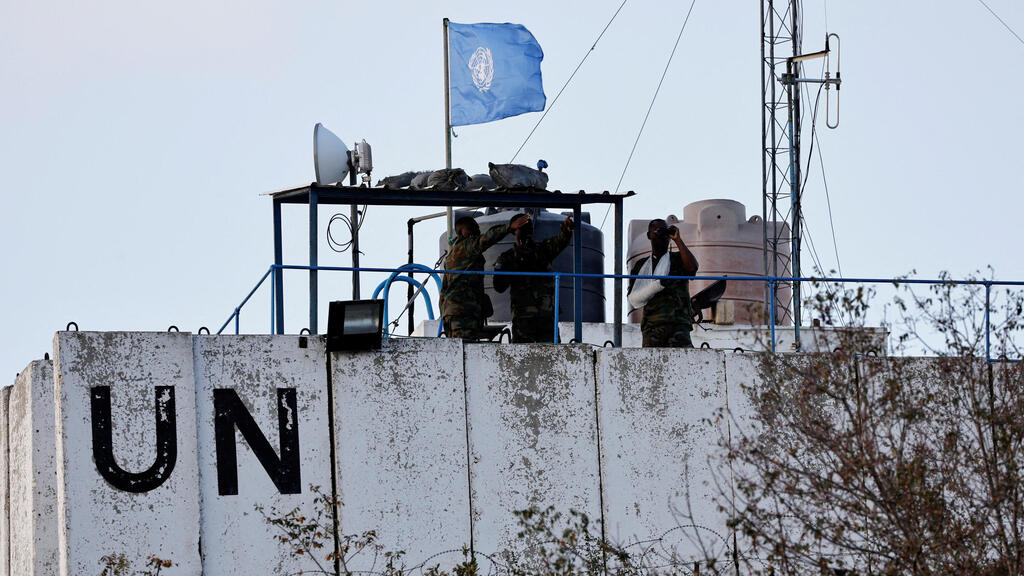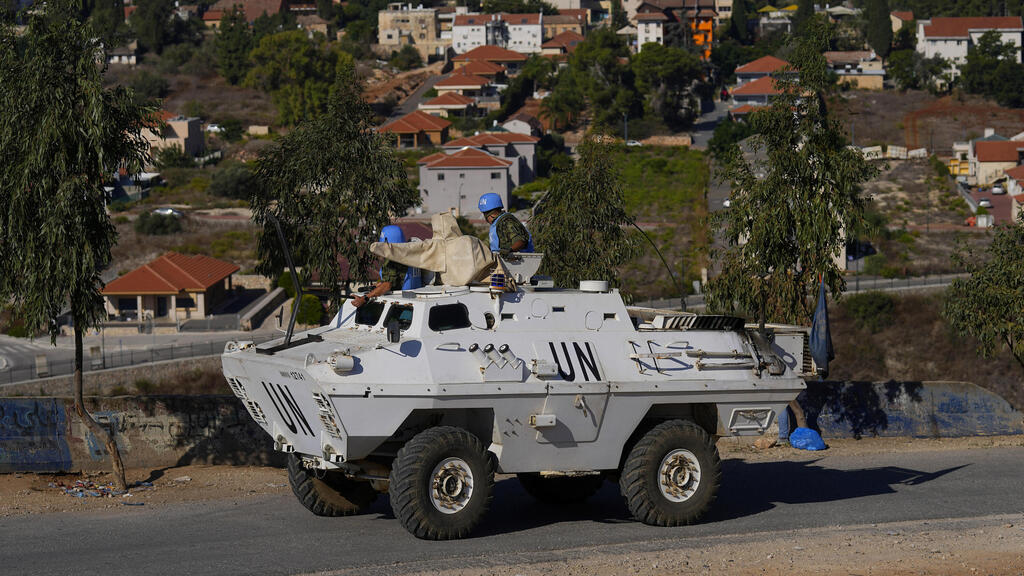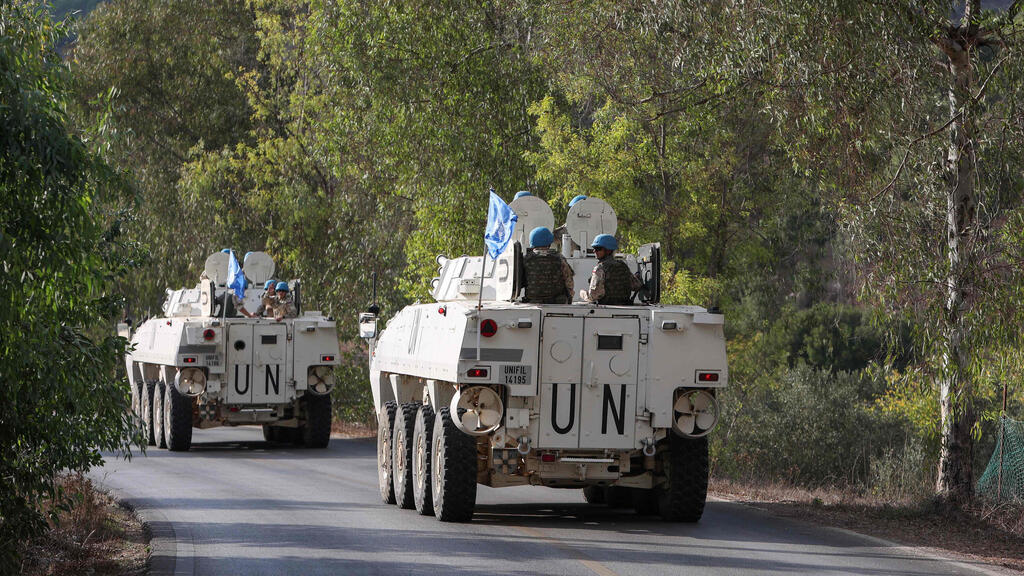Getting your Trinity Audio player ready...
The United Nations Interim Force in Lebanon (UNIFIL) was established almost 5 decades ago, in 1978, with a noble mission: to oversee Israeli withdrawal from Lebanon, restore peace and assist the Lebanese government in reasserting authority in the south.
Over the years, its mandate expanded, particularly after the 2006 Lebanon War, when it was tasked with monitoring the cessation of hostilities and supporting the Lebanese Armed Forces to prevent the rearmament of Hezbollah. However, despite its $551 million budget and a contingent of over 10,000 personnel, UNIFIL has now become symbolic of the United Nations’ broader peacekeeping failures.
This is because, instead of curbing instability as it was tasked, UNIFIL’s presence has inadvertently facilitated Hezbollah’s military buildup, making southern Lebanon a launching pad for attacks on Israel and a stronghold of Iranian influence. As the war unfolds, it is becoming even clearer that UNIFIL’s mission has failed, and its continued presence serves no constructive purpose.
Hezbollah’s control, obstruction and impunity
One of these most glaring failures is its inability to counteract Hezbollah’s systematic obstruction of its activities. Operating under the guise of environmental organizations such as “Green Without Borders,” Hezbollah has instead constructed an extensive network of observation posts, arms depots, and fortified positions, rendering large areas of southern Lebanon inaccessible to UNIFIL under the pretense of private property rights or agricultural protection.
Reports highlight that its operatives have also infiltrated local communities, fostering distrust of UNIFIL while positioning themselves as de facto rulers. This dual strategy—physical control and psychological manipulation—has left UNIFIL unable to enforce its mandate.
Moreover, UNIFIL’s inaction has emboldened Hezbollah to act with impunity. The group has expanded its arsenal to include advanced missiles and drones while constructing attack tunnels aimed at Israel. These developments further undermine UNIFIL’s mandate and heighten the risk of further conflict.
UNIFIL’s fatal complicity and ineffectiveness
Numerous incidents have exposed UNIFIL’s operational ineffectiveness. In 2022, an Irish peacekeeper was killed during a confrontation orchestrated by Hezbollah. Similar incidents in 2007 and 2023 resulted in fatalities and further highlight UNIFIL’s vulnerability in an area dominated by Hezbollah’s presence. Adding to this is evidence of complicity.
In 2000, during the abduction of three Israeli soldiers by Hezbollah, UNIFIL personnel not only failed to intervene but also withheld videotaped evidence that could have assisted in their recovery. This concealment of critical information undermined trust in the UNIFIL mission and raised new questions about its neutrality.
Recent testimonies have further eroded UNIFIL’s credibility. A former Danish United Nations Truce Supervision Organization soldier shared that UNIFIL was effectively “subject to Hezbollah,” operating with limited freedom of movement and restricted to daytime patrols. Such restrictions gave Hezbollah free rein to fortify its positions and expand its influence.
Global implications of failure
UNIFIL’s inability to counter Hezbollah has had far-reaching consequences. Locally, it has entrenched Hezbollah’s dominance in southern Lebanon, undermining Lebanese sovereignty and further destabilizing the region. For Israel, this unchecked buildup is an existential security threat, as Hezbollah now possesses tens of thousands of missiles capable of targeting our civilian and military infrastructure.
Globally, UNIFIL’s failure sets a dangerous precedent, signaling that international peacekeeping forces can be rendered ineffective through strategic manipulation. This emboldens other non-state actors to exploit similar tactics, undermining the United Nations' credibility elsewhere.
Reclaim Lebanon’s sovereignty and secure Israel’s borders
It is time to acknowledge that UNIFIL has outlived its usefulness. Its presence has failed to achieve its core objectives and has instead provided Hezbollah with a veneer of legitimacy. Terminating UNIFIL would force the international community and Lebanon to confront the realities on the ground.
For Israel, it would eliminate the illusion of security that UNIFIL provides, prompting more robust measures to secure its northern border. For Lebanon, it could pave the way to reclaiming sovereignty over its southern territories, liberated from Hezbollah’s military apparatus. Removing UNIFIL would place the onus on local actors to address the root causes of instability, offering a pathway to a more sustainable peace.
Conclusion: A call for strategic reassessment
UNIFIL’s failure is not just a failure of implementation but, ultimately, a failure of vision. Its inability to adapt to the realities of Hezbollah’s dominance has reduced it to a bystander in a region fraught with conflict. By terminating its mandate, the international community can take the first steps toward addressing the root causes of instability in southern Lebanon.
 Giovanni Giacalone
Giovanni GiacaloneGet the Ynetnews app on your smartphone: Google Play: https://bit.ly/4eJ37pE | Apple App Store: https://bit.ly/3ZL7iNv
A Hezbollah-free south Lebanon is not just in Israel’s interest but also in the interest of the Lebanese people, who have long suffered under the shadow of external interference. Only by confronting these harsh realities can meaningful progress be made toward peace. UNIFIL’s time has passed; it is now up to Lebanon and the region’s stakeholders to chart a new course.
Giovanni Giacalone and Moshe Bitton are researchers at the Israel Defense and Security Forum (IDSF).





